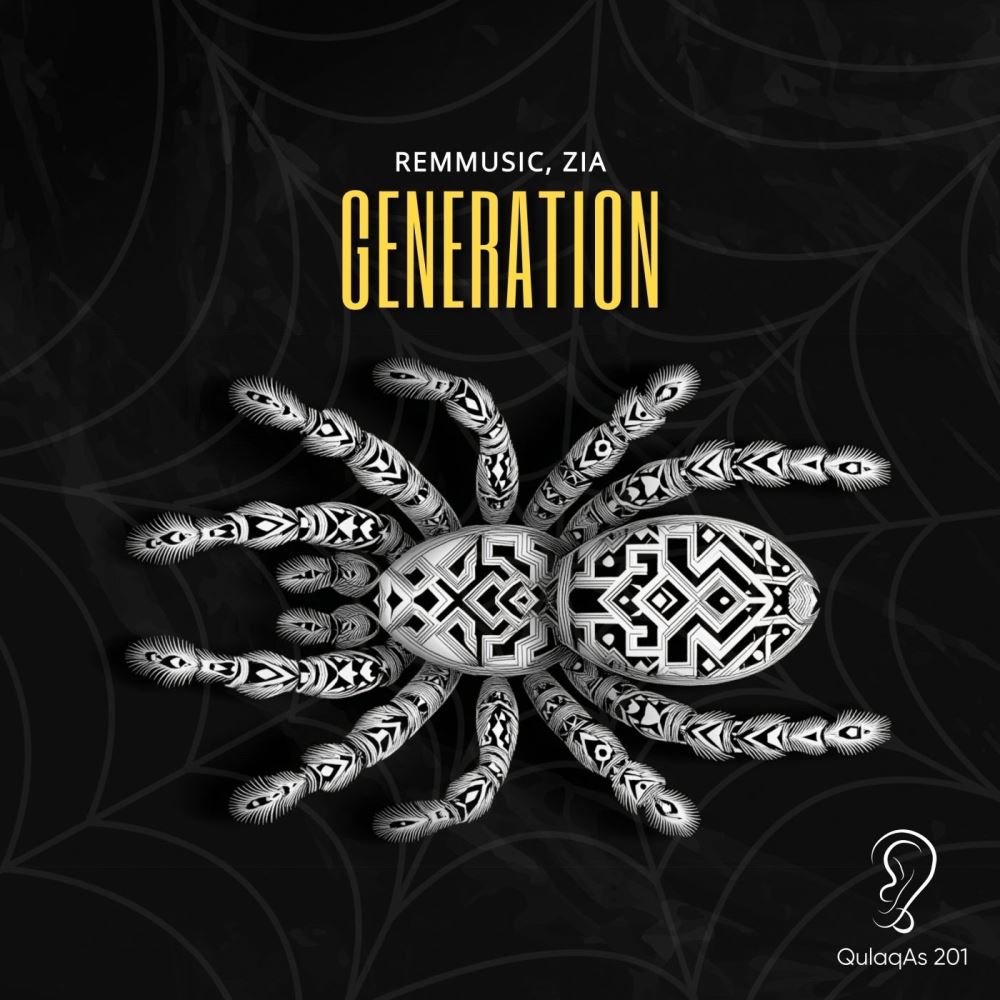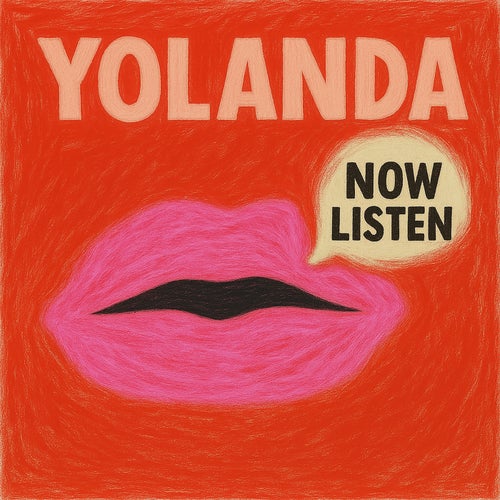JID‘s God Does Like Ugly extends Southern rap’s tradition of exposing the struggles of young Black men below the Mason-Dixon. In a recent Complex interview, the Atlanta rapper took the time to explain the origin of his title: “In 2019, my grandmother passed,” he said. “But before this, I remember just speaking to her; it was something crazy going on, a world occurrence or something. And shawty was like, ‘God does like ugly, letting all this [happen].’ And then she was like, ‘You should name this your album.'”
JID has been working on the album since 2020, and many of these tracks came from a place of pain. On top of his grandmother’s passing, JID suffered additional losses in his close circle. He also became a father, an experience that offered the Dreamville MC an opportunity to swing back on the pendulum of mortality. JID’s grandmother’s words set the compass for God Does Like Ugly, an exploration of how joy and anguish can exist in the same breath.
Running the gamut of sonic approaches, JID takes on heavenly, soul-stirring soundscapes (“Glory”), amped-up, motivational production custom-made for the gym (“WRK”), and dark, ambling beats that bring to mind a never-ending march toward understanding oneself (“Community”). JID ties it all together with irrepressible energy and boundless determination.
“Glory” is the sole clean track on the album, and it features vocals from a little-known choir from Memphis, Tennessee that prayed over JID after clearing their sample. On the propulsive, gospel-tinged song, produced by Beatnick Dee and Lex Luger, JID delicately unfurls the story of his older brother who’s serving time in prison, another source of grief.
“Breaking rules, skipping school, pulling fire alarms/ Got with a crew, made a truce, an alliance was formed/ Got a tool, start shooting, then the violence was born/ The world spinning as he look into the eye of the storm.” JID uses the lift of the instrumentation to deliver one of his most direct, emotionally transparent verses, all in honor of his brother.
Arguably the hottest rappers of the summer, Clipse join JID on “Community,” a gut punch in song form that exposes the hardships Black Americans must endure. The beat is heavy-lidded, layered with unsettling harmonies, dense drums, and low-pitched vocal fragments that feel like they’ve been pulled from a DJ Screw tape. Never one to shy away from exalting the ATLiens who preceded him, JID takes on the animated urgency of Outkast and Goodie Mob in his verse, rapping emphatically about his concerns — as a rapper, and as a man. After wrapping up his verse with memories of his hardened experiences in Virginia, the home state of Clipse, JID guides the duo in, where they wreak havoc in the best ways. “The apartments, the projects, the ghettos, all the same shit,” Pusha T raps. “Crazy how we hopscotch and double-dutch danger/ Between ADHD and all the pills that you gave us/ How we supposed to process this anger?”
Malice acts as the conscience of the song, his words landing like final blows in the eerie ether as he concludes “Community” with a salient reflection: “Section 8 living, we treat it like a timeshare/ Mother, auntie, cousin, couldn’t tell you who reside there/ But never seen a father that was government-devised here/ Conquer and divide here, crash and collide here/ When kings can’t raise a young prince, the doves cry here.” As impressive of a lyricist as JID is, he gets outshined by his guests — which for many, would be an honor.
Conceptually, God Does Like Ugly expresses the varied complications of constantly living life in survival mode. JID finds common ground with Long Beach rapper Vince Staples on “VCRs,” as the two MCs rap about environmental pressures, societal inequalities, and tactics of perseverance. The Jay Versace-helmed production is deceptively light; lush flurries of guitar and pitter-pattering drums give the track a breezy foundation as the rappers explain how pursuing the American Dream leaves few unscathed.
Covertly counting throughout their verses, the pair finds space to play, even as they discuss heavy subjects. “Just a casualty of the war, it goes one, two,” Staples spits. “Three, five-seven snub hanging out the window/ Four-door Jeep ride, stole it off Obispo.” JID and Vince Staples are two of the most unnervingly honest artists in hip-hop, both capable of spinning colorful tales out of the darkest memories. Their synthesized authenticity makes for a sobering listening experience, made even more potent by their pointed bars.

 3 weeks ago
13
3 weeks ago
13


















 English (US) ·
English (US) ·